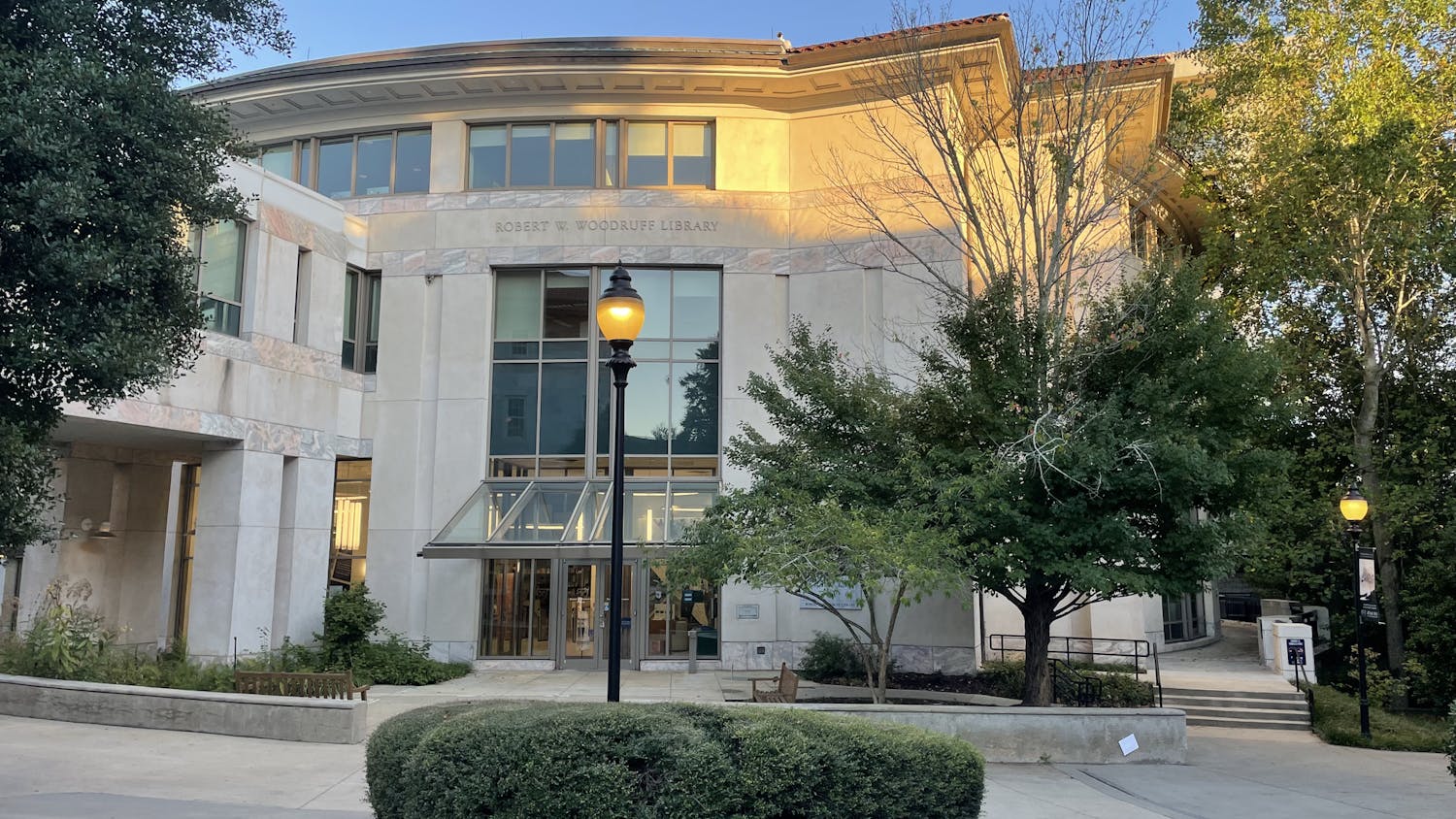
The FBI recently raided former President Donald Trump’s Mar-a-Lago resort in Florida to claim classified documents Trump had taken from the White House during his presidency. In response, U.S. Rep. Pramila Jayapal (D-WA.) tweeted “Donald Trump should be in jail. I’m glad to see the FBI taking steps towards accountability.”
Ironically, on Nov. 2, more classified documents were found missing: this time in President Biden’s private office and Delaware home. In reaction, Jayapal stated that it was "irresponsible to not disclose when you have documents;" a very different response. Although Biden's and Trump’s actions were similar in principle, Jayapal chose to reprimand Trump, the offender of the opposite party, more severely.
Here’s another example of conflicting responses based on party. Trump refused to concede his defeat in the 2020 presidential election, drawing widespread criticism from Democratic politicians everywhere. Among the objections was the accusation that Trump’s victorious fantasy was a threat to democracy—an act unacceptable on any terms. However, this was not the first time an American politician had withheld concession.
Two years earlier, Georgia gubernatorial candidate Stacey Abrams, whom I interviewed in a roundtable last year, also refused to concede her race, claiming,“We don't have to concede elections anymore, b/c when we concede, we are condoning systems that are used to oppress us.”
All of the cases I’ve listed have differences. Yes, Biden is collaborating with the Justice Department more willingly than Trump, and yes, Abrams eventually admitted defeat in a way Trump never has. However, we can take as much from the reactions to these cases as the substance. When these headlines pop up on our news apps, we largely decide a judgment of guilt or innocence based on which app is being used. Left-wing readers are generally quicker to jump to attacking Trump and defending a Democrat in a similar situation, while right-wingers are more likely to defend the former president without evidence of vindication. For example, in a 2021 Morning Consult survey, 64% of American right-wingers believed that the 2020 presidential election was fraudulent compared to 17% of leftists. I find that these cases are less reflections on the people involved — although possession of classified documents and election denial are not stellar additions to a career — than examples of how tribalism, loyalty to party over country, has manifested itself in American politics.
Tribalism encourages a black-and-white worldview. Such thinking also fosters a disregard for debate and alternate philosophies — the opposite of truth-finding. In order to find truth, a debater must steel-man, debunk the most logically strong point of the opposition, rather than straw-man, argue against a possibly irrelevant aspect of the alternative opinion. One of the most relevant examples of such groupthink was the condemnation of scientist and astronomer Galileo Galilei by the Catholic Church. When Galilei espoused his belief in heliocentrism, the now widely accepted idea that the solar system orbits the sun rather than the Earth, he was placed under house arrest. In such an antiquated scene, we are able to largely agree that such religious censorship is antithetical to a culture of truth; but more recently, the line between tribalism and scientific exploration has been blurred.
In past generations, a voter who agreed with six out of 10 Democratic policies would be considered a Democrat. Let’s say, for example, that one was pro-choice and pro-gay marriage, but anti-gun regulation. This individualistic attitude allowed Americans to find their own spaces within politics. While they did have to bite their tongue to vote for a candidate slightly out of their comfort zone, it still transpired in a different way than is currently accepted. In left-wing circles, I challenge you to find one outspoken liberal who publicly disagrees with one of 10 traditionally Democratic policies. This trend of conformity prevents discourse and ultimately drives some moderate voters to the right.
Republicans have been similarly affected by polarization, although perhaps to lesser degrees. Although Trump sowed division through the Republican party, the fact that Republican representatives had to vote 15 times before a House Speaker was elected should give a sense of current right-wing disagreement. Although such intense division among party leadership is far from positive, I am still somewhat moved by the idea that even party members can still disagree. When this internal division occurs, we can be confident as voters that deliberation is happening among our elected leaders, which is ultimately what we elected them to do.
Political commentators who have hastened the growing divide between ideologies may implicitly support tribalism in their statements. By criticizing the other side for “voting against their best interest” or “being uneducated,” they fail to understand an alternative perspective, sometimes, a winning one. Disconnecting from the other side only serves to isolate our conversations, remove context and empathy and prevent truth-finding from happening.
When we hear about inflammatory headlines like classified documents, we may be more prone to take a side based on our tribe than we would think. I implore all tribal members to explore alternative opinions before jumping to conclusions. Challenging some accepted truths could put the political and cultural layout in perspective: there’s a chance your tribe is telling you that the sun is orbiting you and not the other way around.
Ben Brodsky (25B) is from Scottsdale, Arizona.









